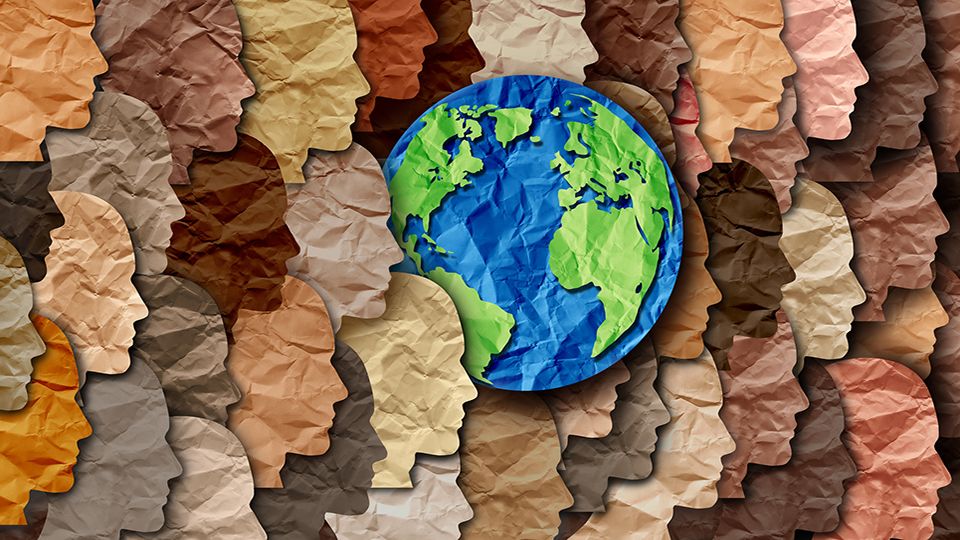Unilever has topped the list of the 50 best performing global companies based on actions taken to address the refugee crisis.
Refugee Integration Scores, compiled by Refugee Integration Insights (RII), are weighted towards activities that contribute towards refugee economic integration and enable refugee self-reliance.
Joining the pharmaceutical giant in the top five are Citigroup, Inditex, BBVA and Starbucks.
A Unilever spokesperson said it has been supporting individuals impacted by natural and man-made disasters “for years”, including through donations of hygiene products and food, but “know the personal impact can last longer than the initial crisis”.
They added: “That’s why we support individuals to rebuild their lives through programs like our Up-Collective with The Entrepreneurial Refugee Network (TERN).”
Regional breakdown
European and US companies were concentrated in the top 50, with 48 of the spots headquartered between the two regions, partly driven by the corporate response to the Ukrainian refugee crisis.
Germany was the leading country, representing 30% of the top 50 with 15 listed companies, including Deutsche Post (8th )and Adidas (10th).
Driving Germany’s performance was Wir Zusammen, translated to Us Together, a corporate network initiative created in 2016 to provide refugees with economic integration opportunities, especially following the influx of refugees stemming from the Syrian refugee crisis.
RRI’s ranking is based on an analysis of 1,807 publicly-listed companies across 39 quantitative and qualitative criteria across six pillars, including: hiring, entrepreneur support, education and skills development, products and services, philanthropy, and general. This data is compiled to create the RII Refugee Lens Scorecard.
Researchers at RII argue the magnitude of the refugee crisis poses a clear systemic risk to social cohesion, geographic stability, and global financial markets. Businesses can be part of helping refugees to integrate economically and socially so that they may regain their stability, dignity, and self-reliance.
The United Nations High Commissioner for Refugees (UNHCR) estimates there are now more than 100 million forcibly displaced people globally, including 32 million refugees.
This number is growing exponentially as climate change and geopolitical conflict reshape how and where people live.
Studies show the effects of climate change alone will lead to the displacement of 1 billion people by 2050.
RII co-founder Sindhu Janakiram said: “Systemic risks require systemic solutions, and while governments and NGOs provide critical immediate support, the private sector is needed to meet the scope and scale of the growing crisis.”
More and more companies also realise the value that can be unlocked by supporting refugee self-reliance, not just in their local communities but in their bottom lines, he said.
Janakiram added: “To get more companies on board, the market needs transparency into which companies are contributing the most toward refugee economic integration.
“We want to meet this information gap, providing investors and other organisations with data and insights on corporate activities.”
The top 10 companies are as follows:
| RII Rank | Company | Country | RII Integration Score |
| 1 | UNILEVER | United Kingdom | 68.9% |
| 2 | CITIGROUP | United States | 66.1% |
| 3 | INDITEX | Spain | 54.2% |
| 4 | BBVA | Spain | 52.7% |
| 5 | STARBUCKS | United States | 52.4% |
| 6 | ANZ | Australia | 51.6% |
| 6 | UBER | United States | 51.6% |
| 8 | DEUTSCHE POST | Germany | 51.3% |
| 9 | GENERALI | Italy | 50.7% |
| 10 | ADIDAS | Germany | 50.5% |








